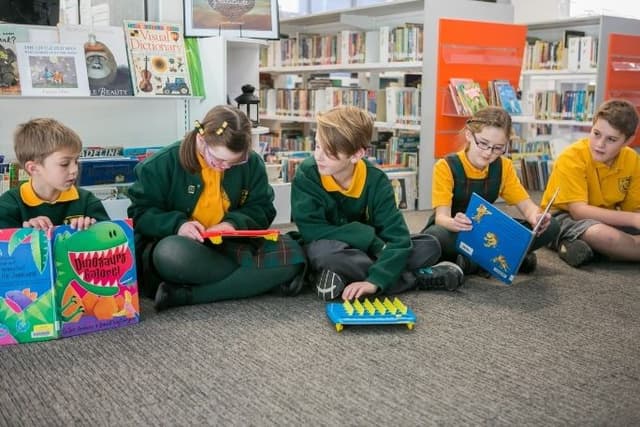
Including Everyone - The Strength in Me
Lesson5 of 6 in this unit
PrimaryYear 5 - 6Health and Physical EducationPhysical EducationSocialDisabilityEqualityMental HealthSocial ActionSocial and Emotional Learning
Summary
Lesson Guides and Printables
Lesson Plan

Student Worksheet

Teacher Content Info
